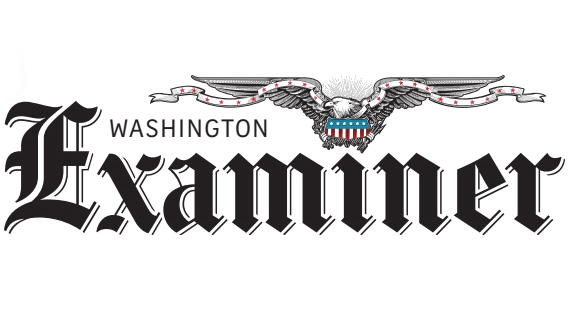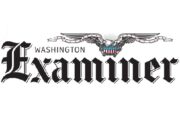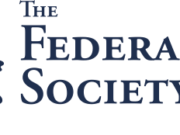Oppose or support the confirmation of Judge Brett Kavanaugh to the Supreme Court, it seems everyone has an opinion about him. Yet at this crucial time when the public wants to speak their minds and be heard by their elected officials, obscure regulations stand in their way.
Because Election Day is now less than 60 days away, something called “electioneering communication” regulations add red tape for groups that urge citizens to contact any senator up for election in November.
Any other time, speakers can mention a lawmaker’s name in radio or TV ads and urge them how to vote on key issues. No paperwork, just free speech.
Of course, other rules apply for ads that urge the election or defeat of candidates. Advertisements like “Vote against Jane Doe” or “Support Representative Jones” are regulated as election campaign expenditures every day of the year.
Electioneering communication regulations trigger burdensome government reporting requirements. These kick in when an expenditure is made “for the purpose of furthering” a communication that mentions a candidate for federal office. The reports require that any donation to a group for that communication be disclosed to the public. This means paperwork for those who wish to speak. It also means violating the privacy of their supporters. Many simply choose to remain silent.
Grassroots organizations and volunteer-led advocacy groups often struggle to comply or simply are unaware of such rules.
Regulating the ability of groups to rally citizens to contact their representatives about key issues is bad for the First Amendment and bad for democracy. After all, people only become aware of an issue when they hear about it. Groups like the ACLU, National Taxpayers Union, and the Sierra Club must be able to speak to citizens to raise awareness of their causes.
Allowing groups to speak out to encourage a senator to confirm or oppose a nominee to the Supreme Court is exactly why we have the First Amendment. With a lifetime appointment at stake and new information emerging every day, groups should have every tool at their disposal to communicate their message.
Yet electioneering communication laws inhibit such speech.
When these laws obstruct speech about the Supreme Court, they are especially troubling. Polls show most Americans cannot name a single sitting Supreme Court justice. Laws that reduce speech about future nominees will only further this regrettable trend.
Politicians are notorious for wanting to monopolize speech about themselves. Laws regulating electioneering communications fit this trend. Being associated with a controversial issue or asked to take a tough vote is kryptonite to many in office. But hearing from constituents on issues as important as the Supreme Court is a key part of democracy. Laws that impede that ability only weaken our system of government.
As the controversy around Kavanaugh shows, the business of governing doesn’t just stop when candidates hit the campaign trail. When major issues are being decided, everyone should be free to speak their mind to those making the decisions, even if that includes mentioning a lawmaker who is up for re-election.
Electioneering communication requirements silence speech on key issues when it matters most. In the name of informed citizenship and freedom of speech, we should make these restrictions a thing of the past.
Eric Peterson is a Senior Policy Analyst at the Institute for Free Speech in Alexandria, Virginia. The Institute is the nation’s largest organization dedicated solely to defending First Amendment political speech rights.














